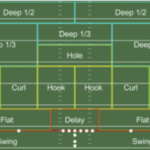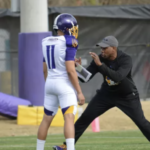Search Your Defensive Back Topic
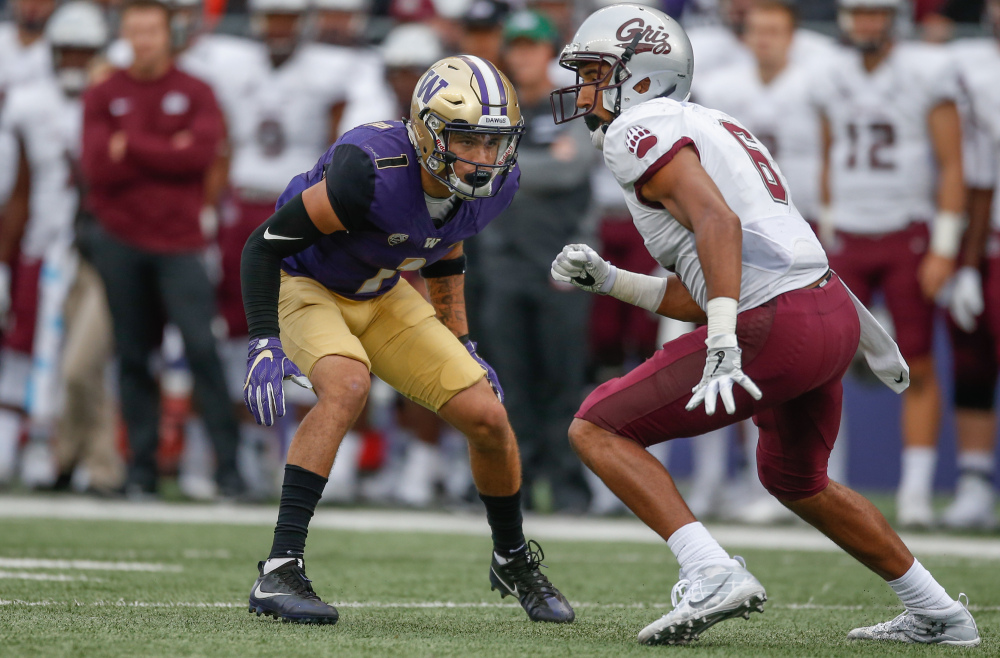
Playing DB Isn’t All About Man Coverage
By: Chad Wilson – All Eyes DB Camp I’ve heard it many times. In the debate about who are the best cornerbacks, some guys get eliminated from the conversation simply because they play too much zone coverage. “He’s a zone corner” they sa...
Read More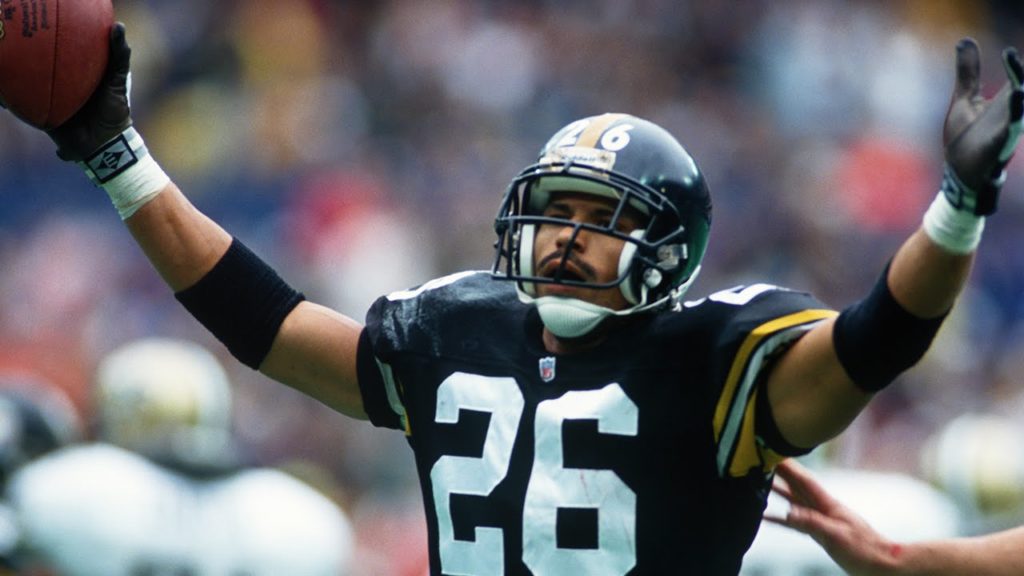
Know Your DB History: Rod Woodson
What if I told you there was a cornerback out there that had 71 career interceptions, ran a 4.33 forty, was a college track champion and was a Super Bowl champion. Would you be able to name him? Probably not if you were born after the year 2000. However...
Read More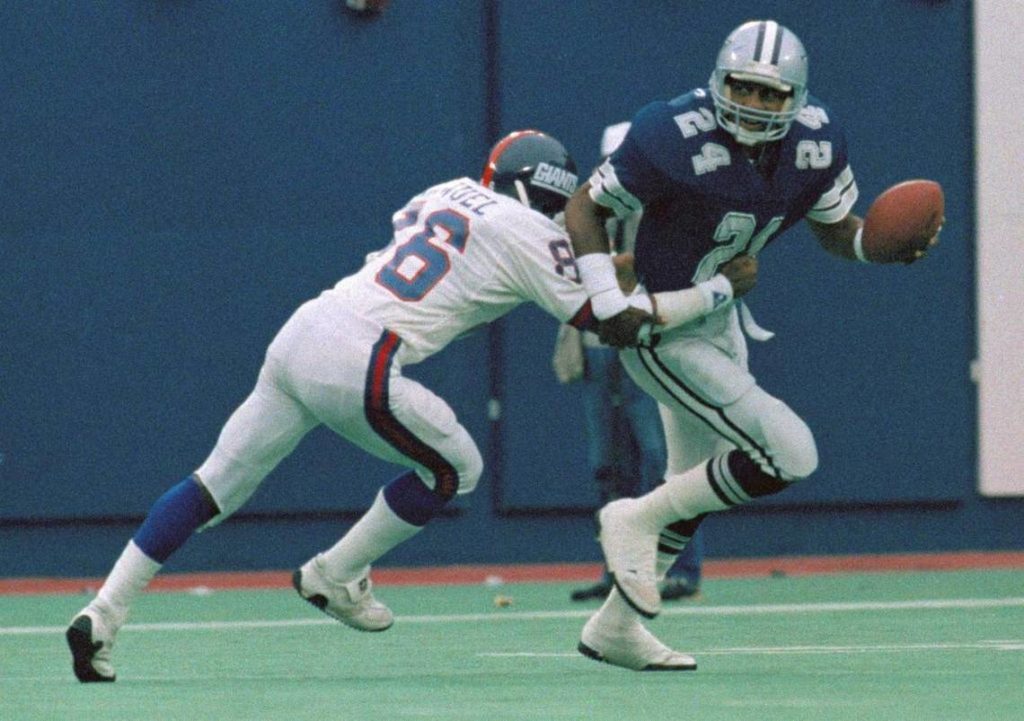
Know Your DB History: Everson Walls Dallas Cowboys
Know Your DB History: Everson Walls When you are talking about underrated DBs in NFL History, Everson Walls is definitely on the list. Walls was not flashy. He was not supremely athletically gifted but what he was was a pain in the rear for every offense he f...
Read More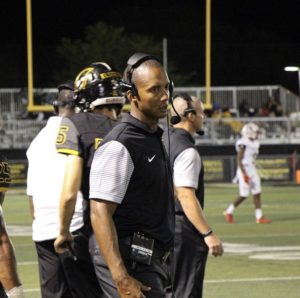
I’m A Coach Not A Trainer
By: Chad Wilson – All Eyes DB Camp We are smack dab in the Internet era and furthermore, knee deep in the social media movement. As such, there isn’t anything we can’t see online from people anywhere and everywhere. One of the biggest things...
Read More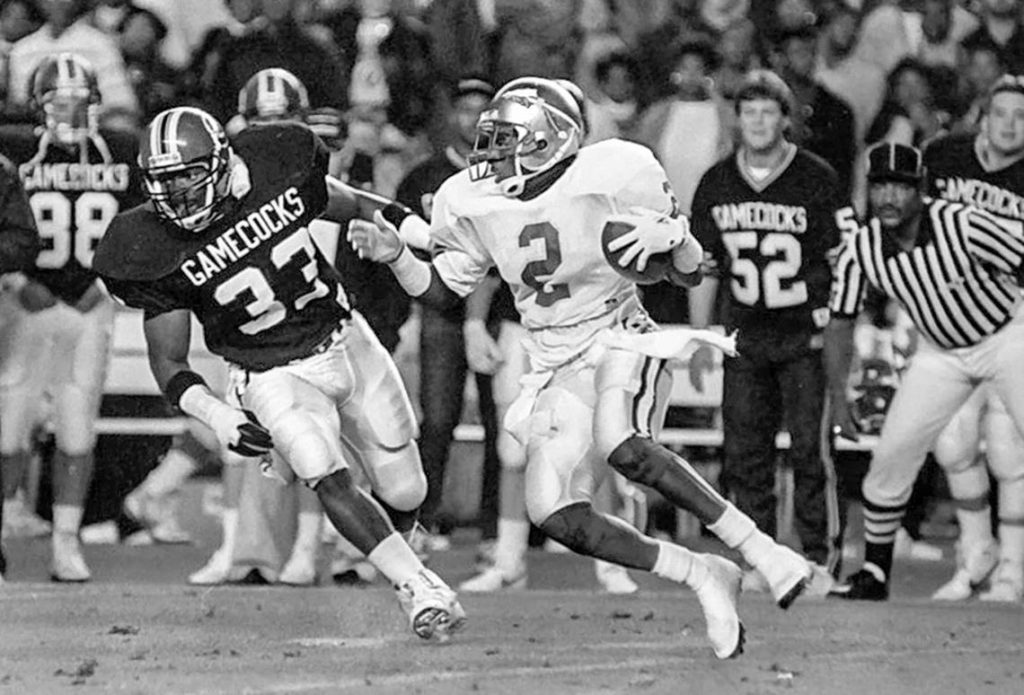
3 Reasons Why Former Quarterbacks Make Great DBs
The GOAT, Prime Time, Deion Sanders, Neon Deion was an elite DB, we all know that. However, this new generation may not know what position he played in high school. Yes, you guessed it, quarterback. In my time of coaching and training,...
Read More
For Defensive Backs, Speed is Something but Not Everything
When you enter a pro football training camp as a rookie you are on high alert. You analyze everything going on around you and assess it all as either and aid or a threat. Jimmy was a fellow cornerback in the Seattle Seahawks camp and he was my roommate. ...
Read More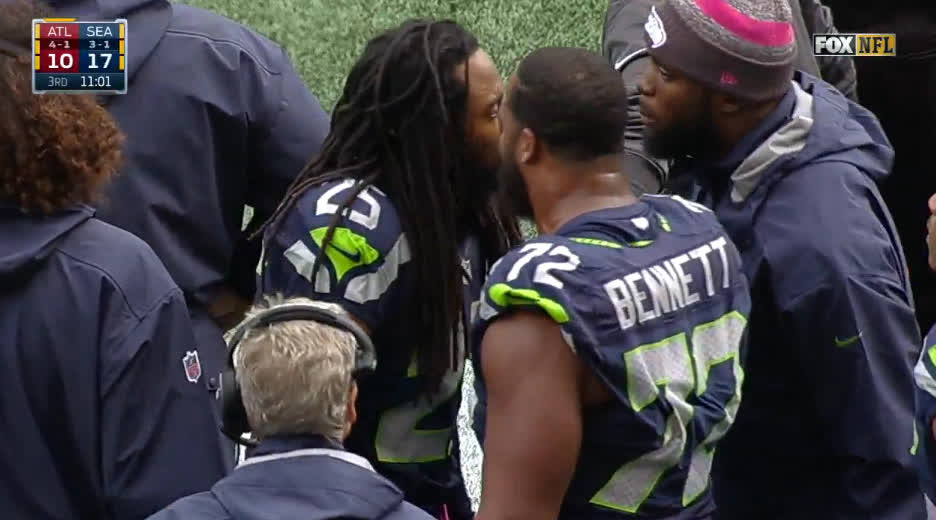
For DBs It’s More Than Just Knowing Your Job
What does the Sam backer have on this play? “I think he has uhhh the flats? Or blitz, blitz, blitz. Man I don’t know, I just know what I’m supposed to do on that play.” Is that how you sound when a coach is asking you about your defense? Chances a...
Read More
When it Comes to Playing DB, 80% of it Is Half Mental
If you are a baseball fan like I am, you know where the subject line of this blog post came from. The late Yankee great Yogi Berra was a man of odd speech and humor. He coined the phrase that “80% of the game is half mental”. It is tr...
Read More
DBs There Should Be No Excuses
I was a high school running back and truly enjoyed playing it. Everybody wants to score touchdowns and be the center of attention. However, my future was not carrying the football. Because I was a good athlete, my coach would tell me “go pla...
Read More


